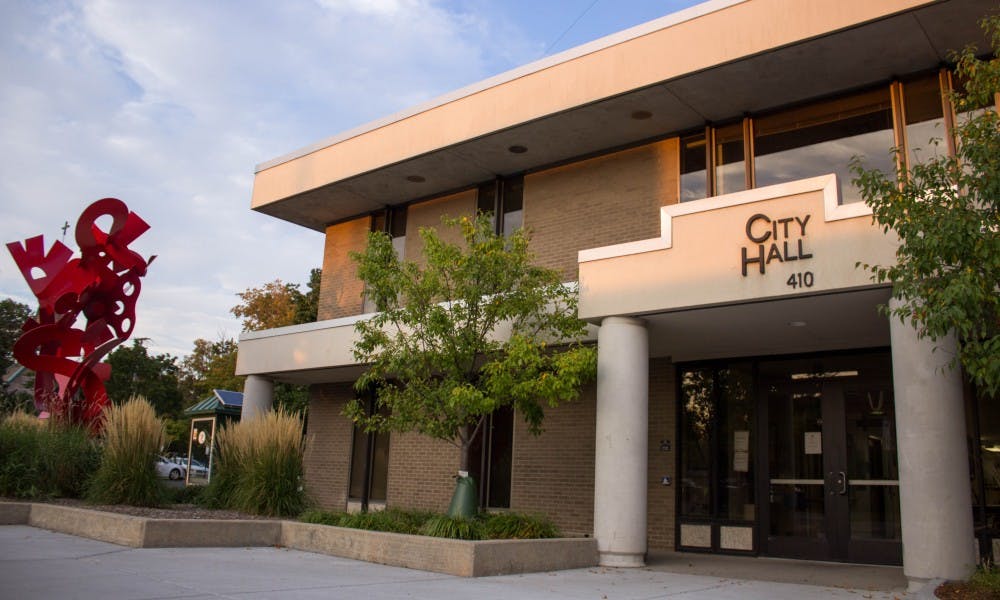City officials are touting the revived income tax effort, slated for the Aug. 7 ballot, as the only way to preserve not only necessary services like public safety and infrastructure, but popular recreational activities as well.
If the tax is approved, East Lansing residents would pay a 1 percent income tax, with non-residents paying a 0.5 percent tax.
For those who live in East Lansing and who work in cities like Lansing with their own income tax, and vice versa, a 1 percent tax would still be in order. Of that, 0.5 percent would be paid to East Lansing and 0.5 percent would go to the other city.
While the city's previous attempt at imposing an income tax failed last November, 53 percent of voters rejected the proposal, residents did vote to enact a property tax rollback that would go into effect if the income tax passes.
The income tax would bring in $10 million in new revenue, but the property tax reductions would decrease revenue by $5 million for a net gain of $5 million annually, according to a study performed by accounting firm Plante Moran.
City Council voted unanimously to place the new proposal on the August primary election ballot on May 14.
Unlike last year's proposal, the tax is time-limited to 12 years and would go toward specific purposes like public safety, infrastructure and the city's unfunded pension liabilities, according to a press release issued by the city.
Sixty percent of the tax would be reserved for paying down the city's retiree pension debts. Payments towards that pension debt have increased nearly 300 percent since 2006, even as the city's overall revenue has decreased by 1.4 percent over that same time.
Mayor Pro Tem Erik Altmann said at Tuesday's city council meeting that East Lansing is officially under state scrutiny over the unfunded pensions. The city must now submit a plan to the state addressing the situation.
East Lansing is one of more than 100 local units of government in a similar situation, according to the state Department of Treasury. Neighboring Lansing must also submit a corrective action plan over its retiree pension and health care debts.
"It's now real, it's not like we just think we're underfunded, the state has told us we're underfunded," Altmann said. "That's a somewhat ominous sign."
Another 20 percent of tax revenue would go to police and fire protection, while the remaining 20 percent would be reserved for improvements to streets and sidewalks, water and sewer systems and parks and recreation.
Approval of the income tax will be crucial to continuing services and programs that residents have come to depend on, said city manager George Lahanas.
"Obviously the city is in very significant financial difficulty, and I think the addition of new revenue is very important to maintain the community that people have come to enjoy," Lahanas said.
After approving a budget for 2019 that slashed $1.41 million in services, the city expects at least $1.76 million in additional cuts for 2020 if the income tax doesn't pass.
Proposed cuts for 2020 include closing the Hannah Community Center, closing the East Lansing Aquatic Center and laying off four firefighters and four police officers.
At least five police officers and two fire and EMS employees have already been cut under the 2019 budget, and two more firefighters could be lost if the tax doesn't pass.
There are two options for the city to address its deficits: either by the addition of revenue through a tax, or continued deep cuts to needed services and beloved amenities, said councilmember Aaron Stephens.
"If people want just cuts, no new revenue, that looks like continued cuts to essential services like police, fire and EMS," Stephens said. "I don't like that plan, but that is an option."
Support student media!
Please consider donating to The State News and help fund the future of journalism.
Discussion
Share and discuss “Income tax a necessity for basic operations, city officials say” on social media.







